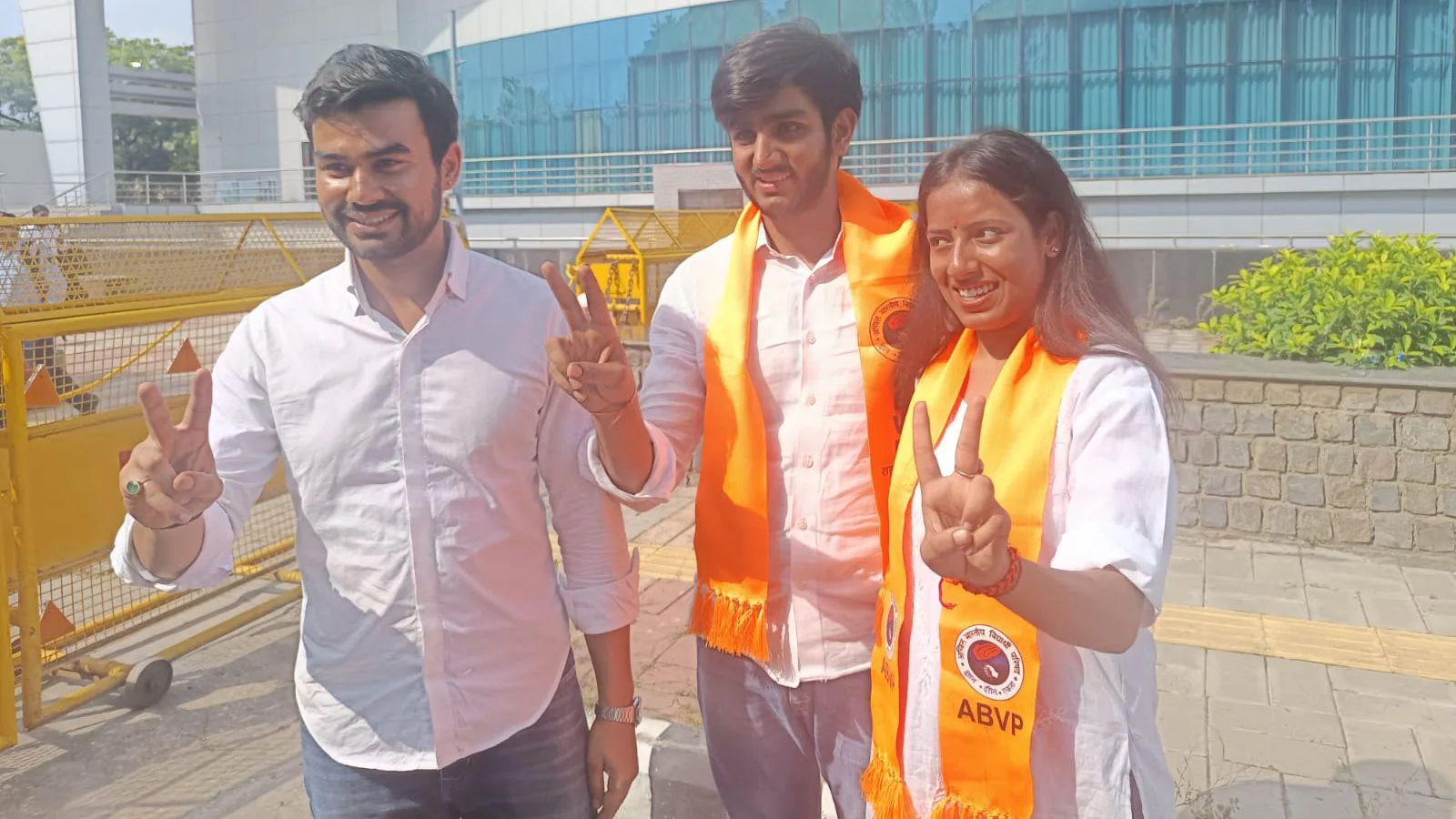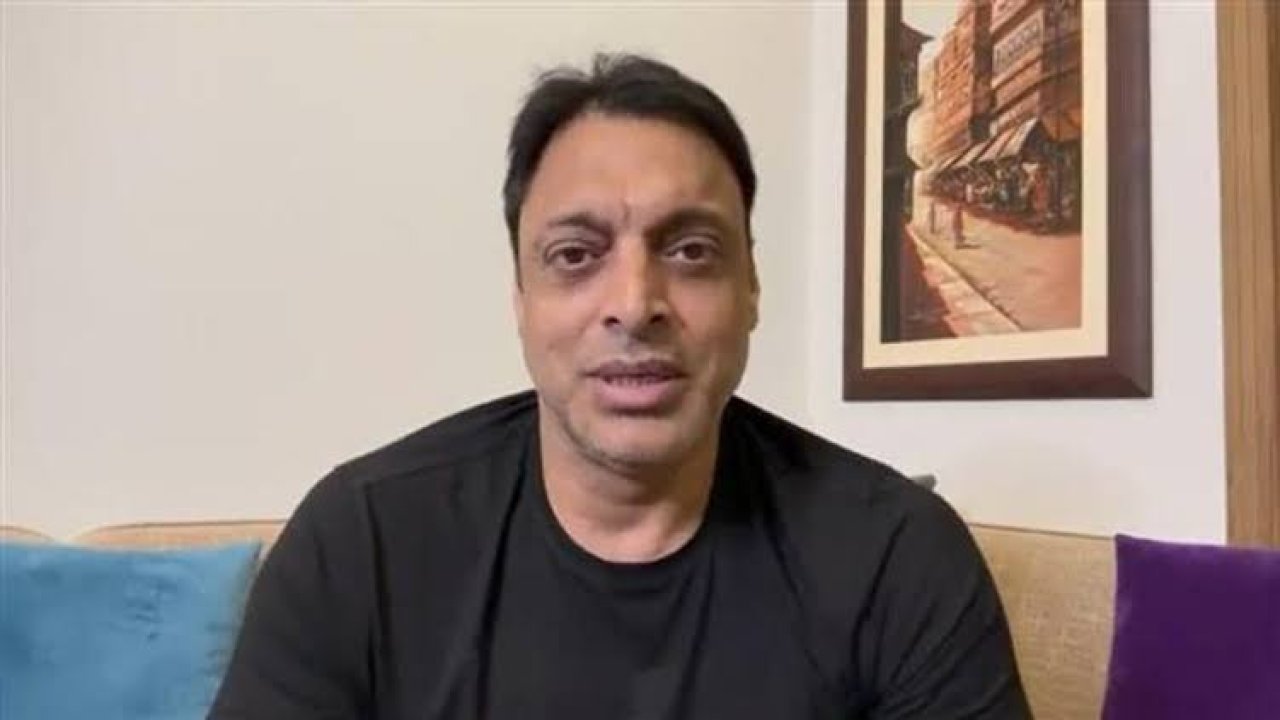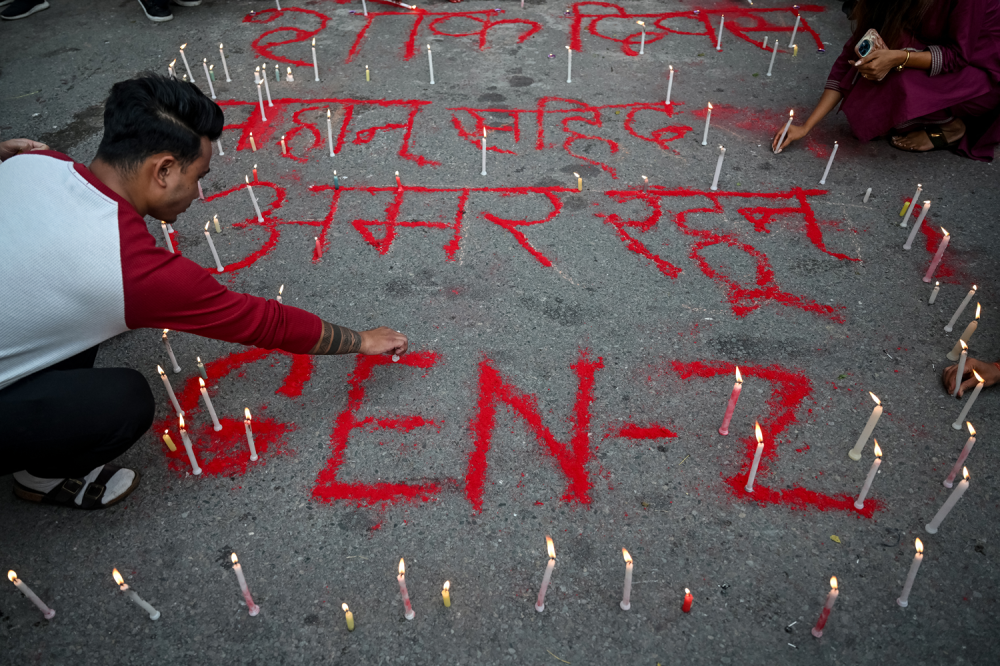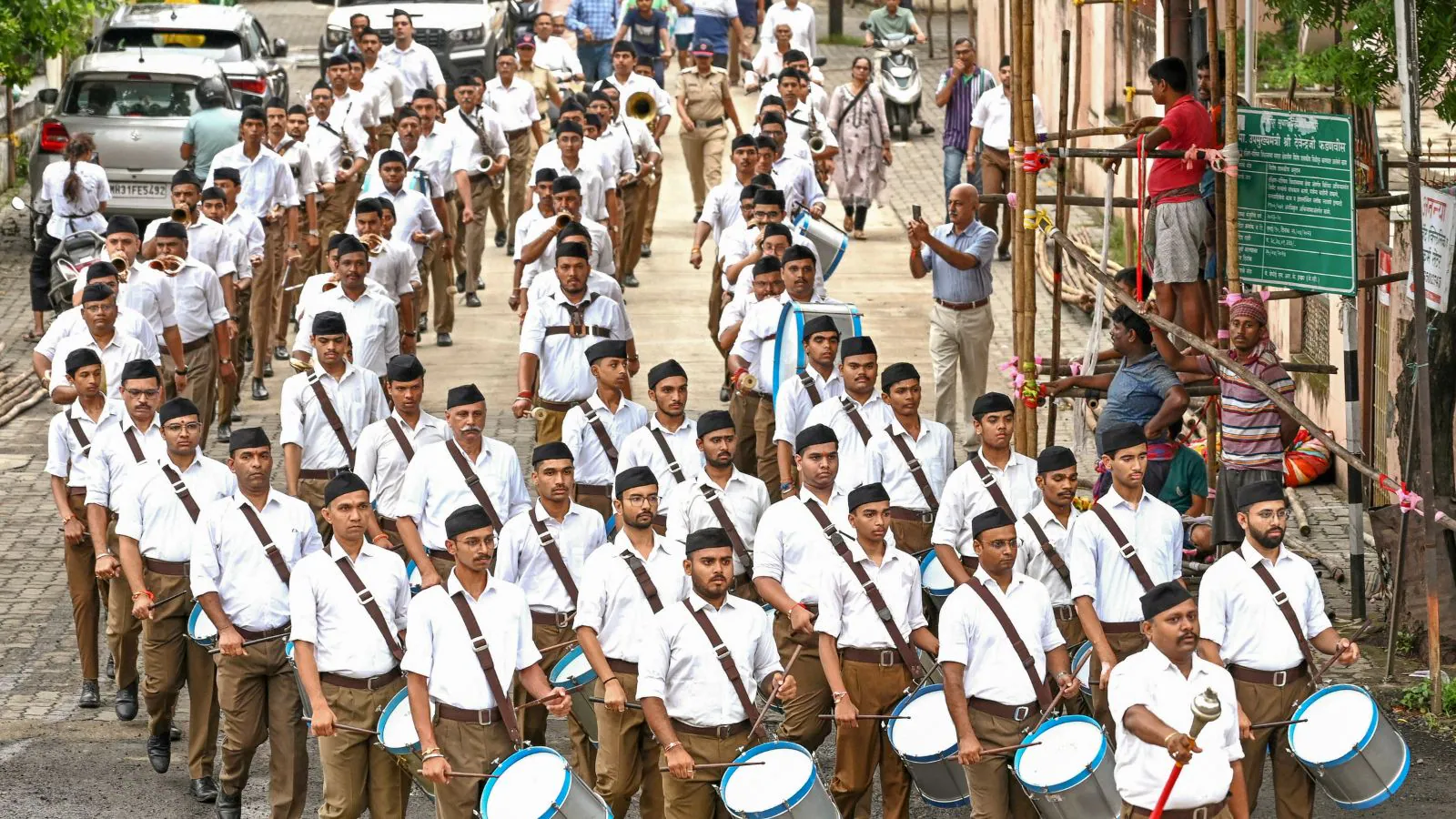Right Word | ABVP’s Nationwide Surge: Gen Z Rejects Opposition’s Call, Embraces ‘Nation First’
By Arun Anand,News18
Copyright news18

The recent victory of Akhil Bharatiya Vidyarthi Parishad (ABVP) in Delhi University Student Union elections is seen as the befitting reply of the Gen Z to Opposition’s call for them to come on streets to oppose the Modi government at the Centre.
ABVP trounced the Congress backed National Students Union of India (NSUI) in these elections and the Left-backed student organisations were not even in the fray. While the focus in media and social media has largely been on the outcome of the DUSU elections, the fact of the matter is that there is a nationwide surge on campuses in favour of ABVP.
In the last one year, ABVP has registered significant victories in student union polls in Patna University, Guwahati University, and many universities in Uttarakhand. It has won polls now even in university campuses such as Hyderabad Central University, Punjab University and Jawaharlal Nehru University (JNU) in Delhi which were considered to be the bastions of its arch-rivals.
The NSUI claims on its official website to have 4 million members and presence in 15,000 colleges across the country, while the ABVP had announced in November 2024 that it has more than 5.5 million members. However, the on-ground realities are indicating an increasing marginalisation of the NSUI in the university campuses and a growing inclination of the youth towards ABVP. The ABVP’s functioning, ideology and philosophy can be credited for this. While the NSUI is the student wing of a political party that is already suffering because of an ideological vacuum, the ABVP has a clear ideological framework.
One of the major differences between the two organisations is that while NSUI’s main focus has been on contesting student union elections, for ABVP it is only a minor part of its overall functioning.
ABVP runs several welfare and socio-cultural projects and it has been doing so since its inception in 1949. The ABVP had started its activities in 1948 but formally came into existence in 1949. Its first convention was held at Ambala (Haryana) and its first president was Prof. Om Prakash Bahal. The first national general secretary was Keshav Deo Verma. Yashwant Rao Kelkar, who taught at Mumbai University, played an important role in the early years of ABVP. He was a former RSS Pracharak.
Philosophy of ABVP
The core of ABVP’s ideological framework is ‘National Reconstruction’. According to its official website, “Work of ABVP is to generate, in the education sector, a powerful national movement in the wider perspective of national re-constructions.” The fundamental doctrines followed by this largest student organisation of the world is the concept of ‘Educational Family’. For ABVP it is not only about students, it works to create an educational family that comprises students, teachers, educationists and educational administrators.
Unlike the other student organisations whose basic premise is to focus only on students, the ABVP works with the whole educational family. Its basic premise is, “Students are at the centre of this family but teachers are the natural guardians of the family.”
Beyond Campus Politics
What makes ABVP different from other student outfits is the multiple initiatives which go beyond run-of-the mill campus politics.
Student for Development (SFD) works to evolve and formulate a Bharat-centric model of economic development.
World Organisation of Students and Youth (WOSY) formed in 1985 with a world convention of 11,000 youth from across the globe, works with international students from other countries.
Think India organises young intellectuals of the country and inculcates in them the ideal of “Nation First”.
Students’ Experience in Interstate Living (SEIL) integrates the youth of the North East with the rest of Bharat socially and culturally.
Yuva Vikas Kendra (YVK) is another dimension of ABVP focused especially on North Eastern states and is involved in skill development of north-eastern youth.
Myths about ABVP
There is a common misconception that ABVP is the student wing of RSS or Bharatiya Janata Party (BJP). ABVP is an RSS-inspired organisation and many of the ABVP leaders have gone to work in the BJP and back in RSS too, but the organisation remains autonomous and works independently. ABVP has a number of full-time workers including several women. There are more than 50 full-time women workers in ABVP at present and around 40 per cent of the ABVP’s membership consists of women.
The writer is an author and columnist. His X handle is @ArunAnandLive. Views expressed are personal and do not necessarily reflect News18’s editorial stance.



